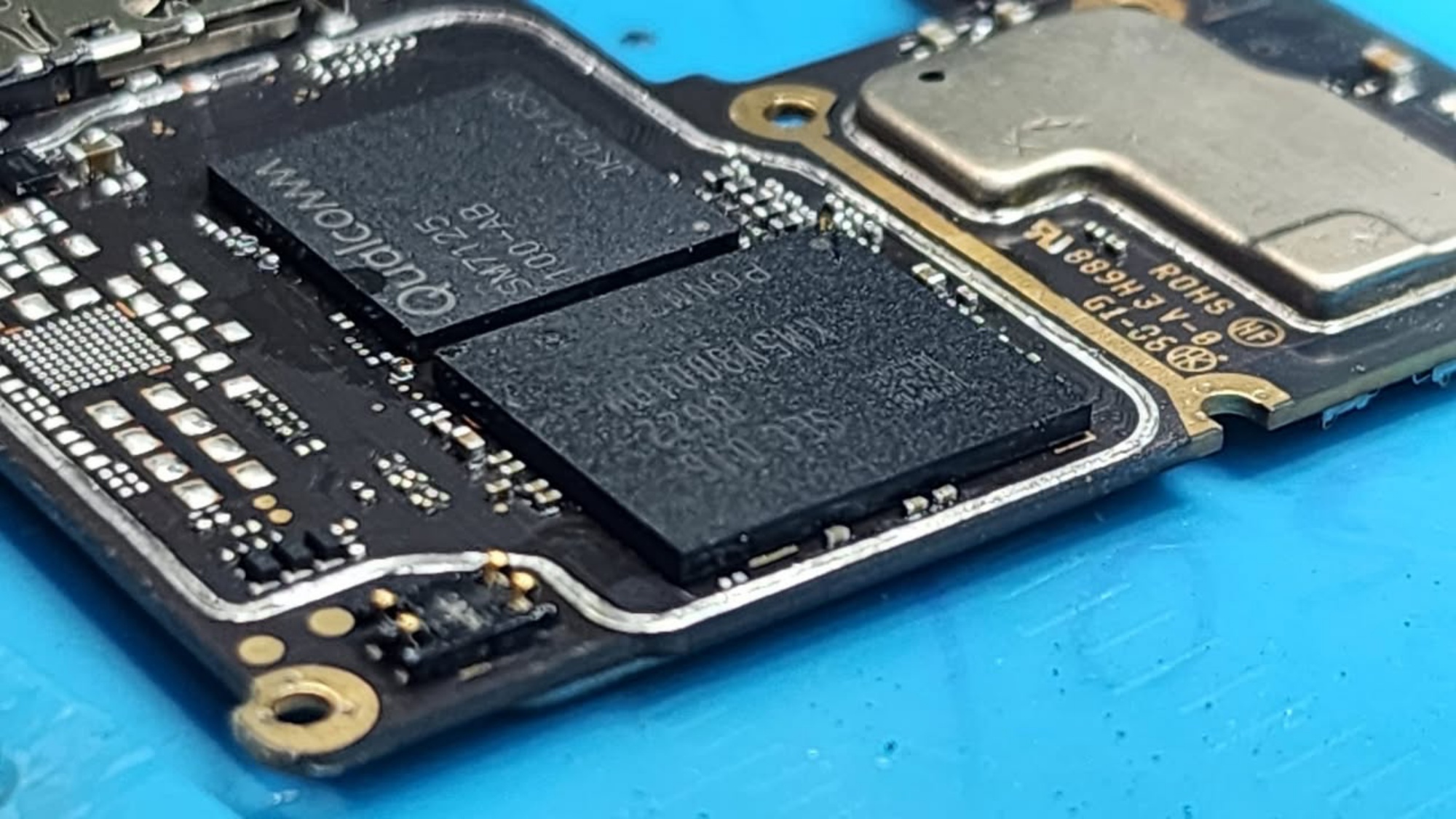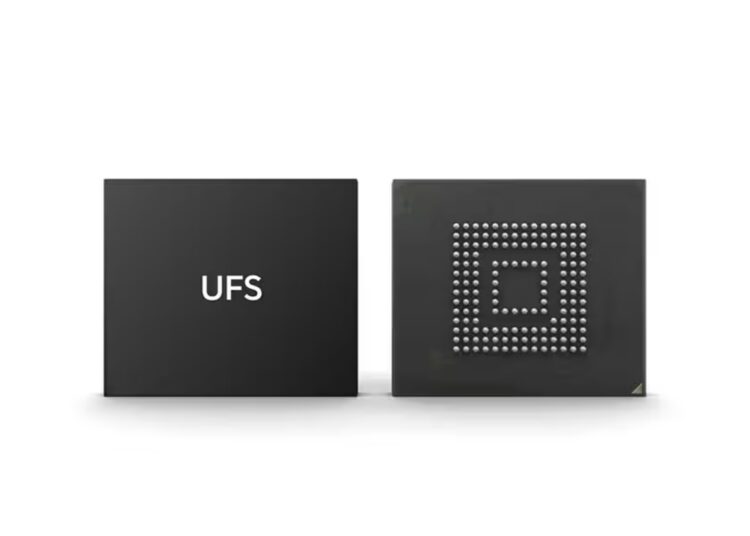JEDEC, the industry body responsible for defining memory and storage standards, has officially announced the Universal Flash Storage (UFS) 5.0 specification. Designed with AI and high-performance computing in mind, the new standard delivers significant gains in speed and efficiency over UFS 4.0, which was introduced in 2022.
UFS 5.0 nearly doubles the sequential bandwidth, offering data transfer rates of up to 10.8 GB/s compared to the 5.8 GB/s limit of UFS 4.0 and 4.1, translating to an increase of around 160%. According to JEDEC, the leap in bandwidth is meant to accommodate the increasing demands of AI workloads, mobile devices, and edge computing systems that require faster access to large datasets.

Beyond speed improvements, UFS 5.0 also brings a range of technical improvements aimed at stability and reliability. A new link equalisation feature helps maintain signal integrity at high transfer speeds, while a dedicated power rail isolates noise between the signalling and memory layers, resulting in cleaner power delivery. Additionally, inline hashing has been introduced to enhance data protection and overall security.
The new standard remains backwards compatible with existing UFS 4.x hardware, allowing manufacturers to adopt the technology without extensive redesigns. JEDEC also notes that the refined power management architecture will contribute to better energy efficiency.

Although the specification has been finalised, JEDEC has not provided a timeline for commercial adoption. It will likely take some time before manufacturers begin integrating UFS 5.0 into smartphones and other consumer devices.
(Source: JEDEC)


